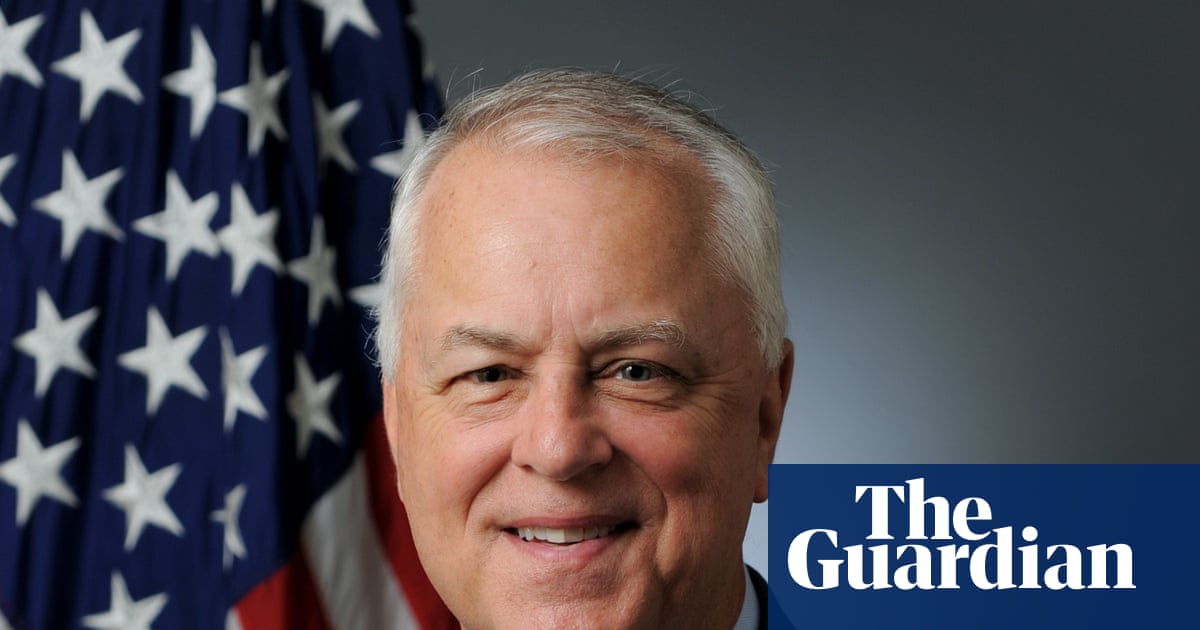Robert F. Kennedy Jr.’s shock decision to cancel nearly half a billion dollars’ worth of research projects because they’re based on mRNA technology horrified vaccine experts Tuesday, among them President Donald Trump’s own former surgeon general.
Jerome Adams, who served as the nation’s 20th surgeon general during Trump’s first term, warned on social media that the decision will have very real negative consequences.
“I’ve tried to be objective & non-alarmist in response to current HHS actions – but quite frankly this move is going to cost lives,” he wrote. “mRNA technology has uses that go far beyond vaccines… and the vaccine they helped develop in record time is credited with saving millions.”
Adams ended the missive with the “head exploding” emoji.
In another thread, Adams blamed politicized messaging around vaccination during the coronavirus pandemic for leading to a widespread public misunderstanding of what vaccines actually accomplish.
People believed that “if you get this vaccine you won’t get COVID,” said Adams, when the real aim was to prevent severe cases of the disease.
Messenger RNA, or mRNA, technology has potential far beyond COVID.
At Emory University, for instance, researchers are looking into using mRNA technology to train the immune system to cure cancer and chronic infections, thanks to a $24.8 million federal grant.
The three-year program was funded by the Advanced Research Projects Agency for Health, or ARPA-H, which Kennedy merged with the Biomedical Advanced Research and Development Authority, or BARDA, in March — only to announce Tuesday he’d be pulling the funding for BARDA’s mRNA investments.
The inaugural director of ARPA-H, Dr. Renee Wegrzyn, was fired by the Trump administration in February amid mass layoffs at the Department of Health and Human Services and the Centers for Disease Control and Prevention.
Tiba Biotech, another research company that saw its HHS contracts terminated Tuesday, is investigating using mRNA to combat tick-borne diseases. Thanks to climate change, more ticks are surviving through warmer winters, leading to a sharp increase in tick-borne illnesses.
Mike Osterholm, a University of Minnesota expert on infectious diseases and pandemic preparations, told The Associated Press the decision on mRNA research is a historically bad one.
“I don’t think I’ve seen a more dangerous decision in public health in my 50 years in the business,” he said.

 German (DE)
German (DE)  English (US)
English (US)  Spanish (ES)
Spanish (ES)  French (FR)
French (FR)  Hindi (IN)
Hindi (IN)  Italian (IT)
Italian (IT)  Russian (RU)
Russian (RU) 























Comments